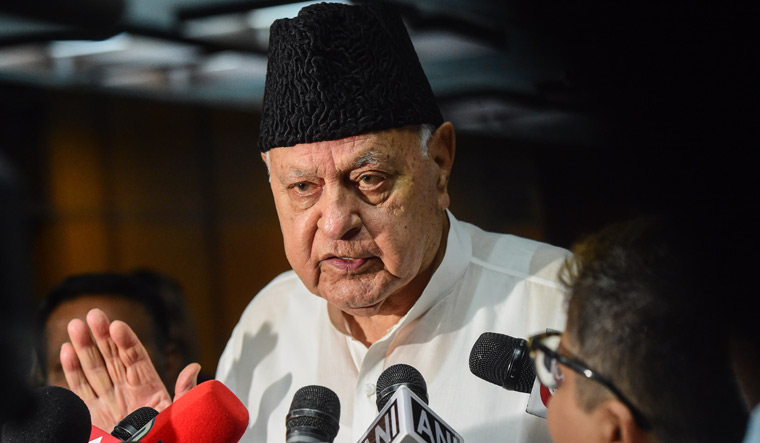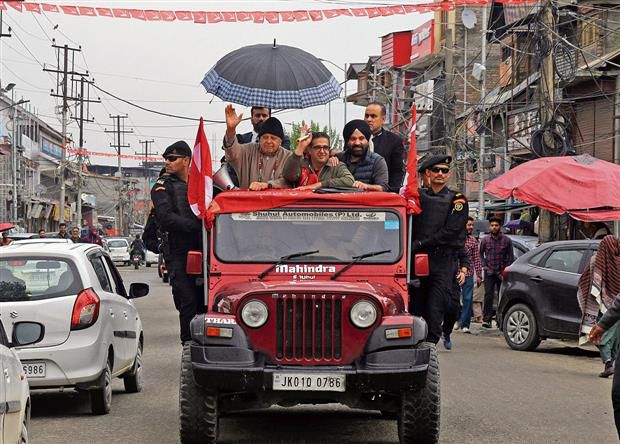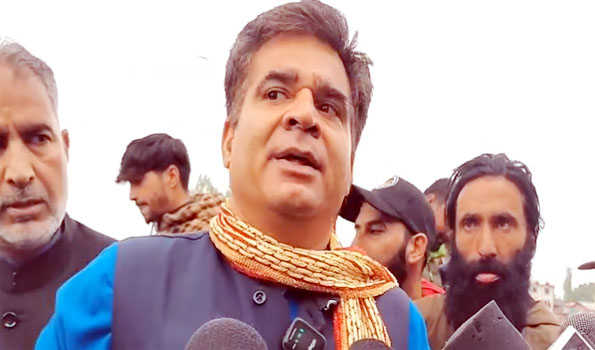The exhaustive 49-page report, which urged all parties to end the cycles of violence and ensure accountability for past and present abuses, has generated palpable buzz in both India and Pakistan.
The political dimensions of the dispute between India and Pakistan have long been centre-stage, noted the report, but this is not a conflict frozen in time. “It is a conflict that has robbed millions of their basic human rights, and continues to this day inflict untold suffering,” said UN High Commissioner for Human Rights Zeid Ra’ad Al Hussein, urging the UN Human Rights Council to consider establishing a commission of inquiry to conduct a comprehensive, independent international investigation into allegations of human rights violations in Kashmir.
The main focus of the report is the human rights situation in Indian-controlled-Kashmir between July 2016 – when there was a mass uprising following rebel commander Burhan Wani’s killing – and April 2018. Indian security forces, the report notes, used “excessive force that led to unlawful killings and a very high number of injuries”, condemning the use of ‘pellet guns’ and calling for abrogation of draconian legislations like AFSPA, which prohibits prosecution of security forces for any human rights violation.
The report also highlights issue of ‘enforced disappearances’ and ‘chronic impunity for sexual violence, citing the case of Kunan-Poshpora mass rape 27 years ago, in which justice has been “denied and blocked over the years at different levels.”
The grave human rights violations in Pakistan-controlled-Kashmir are also highlighted in the report, which are of “different magnitude and of more structural nature”. The restrictions on freedom of expression, peaceful assembly in Pakistan-controlled-Kashmir and Gilgit-Baltistan “have limited the ability to obtain information about the situation.”
While Pakistan’s permanent representative in the UN Farukh Amil welcomed the recommendations made in the report to form a Commission of Inquiry to investigate human rights abuses in Indian-controlled Kashmir, India reacted sharply to it, terming it “fallacious, tendentious and motivated,” a lodging a formal complaint with the world body. Taking the higher moral ground, Pakistan offered to facilitate the UN inquiry on Pakistan-controlled-Kashmir provided India was ready to allow access to the UN team to Jammu and Kashmir.
The report should be seen as a ‘wake-up call’ for all the parties. If they are indeed serious about resolving this long-standing dispute, which has become a nuclear flashpoint between them, they need to welcome the UN report and facilitate inquiries in their respective areas, keeping aside their parochial ‘national interests’. India, by rubbishing the report and terming it “fallacious”, is simply living in denial.
The situation in Kashmir has alarmingly deteriorated in recent years, which is evident from the number of educated Kashmiri youth that have taken up arms and abandoned their dreams. Hospitals today are filled with young boys who have been blinded by pellet shotguns. Funerals of young Kashmiri rebels killed in encounters come alive with thunderous slogans of ‘Azadi’ (freedom) almost every day. If that is ‘fallacious’, then what is the truth?
Pakistan also needs to address local grievances in Pakistan-controlled-Kashmir and play a constructive role in the resolution of Kashmir dispute. Both parties must realize that their obstinacy and self-interest has wreaked havoc in Kashmir and claimed thousands of innocent lives over the years. They need to immediately revive the dialogue process and make the people of Kashmir ‘primary stakeholders’ in the dispute.
The UN report provides an opportunity to both the parties to do some soul-searching and reboot their flawed Kashmiri policy. Taking into account the aspirations of Kashmiris, New Delhi and Islamabad must shun their obduracy and work towards the final settlement of this dispute.






